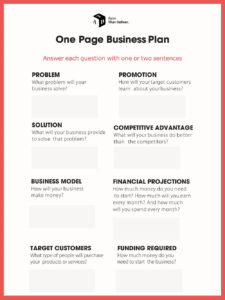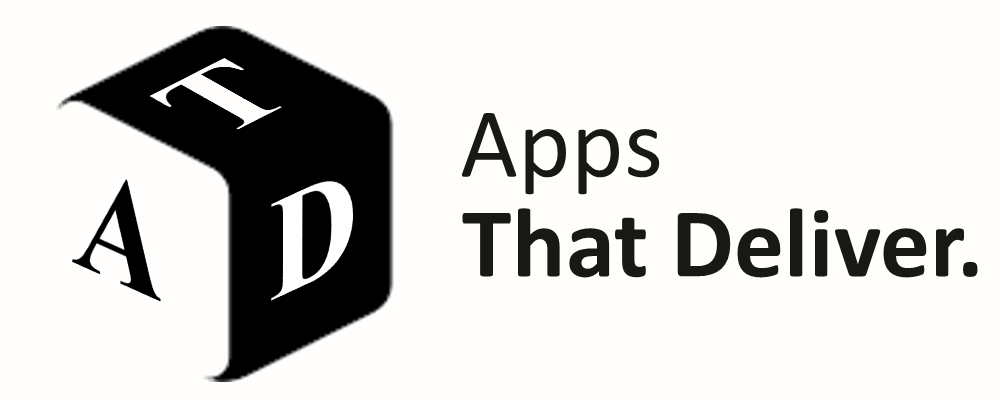There are about 725,000 small companies that are home to the state of Virginia. Small companies employ 1,5 million people – or 47 percent of all employees of the private sector – and account for 99.5 percent of all companies around the country.
The economy of Virginia is relatively large and in 2018 it had a gross domestic product (GDP) of $534 billion. The GDP increased by 2.8 percent last year, following closely the growth rate of the national economy by 2.9 percent in 2018.
Overall, Virginia seems to be an economically friendly nation. In 2019, CNBC selected Virginia as the nation’s top country for business; its first place number 1 selection since 2011.
Complete Guide: How to Start a Painting Business
How To Start A Painting Business In Virginia:
- Getting Started
- Write a Business Plan
- Determine your business’ legal structure
- How to Register your Painting Business Name in Virginia
- Employer Identification Number (EIN)
- Open a Business Checking Account
- Get Liability Insurance
- Get Health Insurance
- Final Thoughts
Getting Started
You’ve been dreaming of it for years, and now you’re ready to start your own company. But first, you must take care of a few items. You would probably want to register your business name, and in some situations, this could be a requirement, depending on the legal business of your company. You may have to file for taxes with the Virginia state and you will have to get permits and licenses.
Write a Business Plan
The business plan is an increasingly vital element in order to get every organization started. It is essential to secure funding, to document your business plan, to outline your financial forecasts, and to make the business concept a reality.
In an age in which over 50 percent of small businesses fail in their first year, a clearly established business plan is an important first step in establishing a business for long-term success.
A business plan is a written strategy for a company that emphasizes its objectives and strategies.
Business strategies detail the strategy, financial forecasts, market analysis, corporate goals, and mission of an enterprise. A business plan is also an important tool used to protect investors and finance a company.

Create a One-Page Business Plan
You should be able to complete your one-page business plan in less than 20 minutes. It’s super-simple: Print our free PDF template and write down one to two sentences to the questions in the free template below:
Download template: PDF
Determine your business legal structure
The four most popular structures of a business are:
- Sole proprietorship
One company is owned and managed by one person and the government can not legally differentiate between the person owning the company and the company itself. It’s the easiest way to run a business. You don’t have to call your business anything other than your personal name, but you can name it by registering what is called a doing business name if you like (DBA). (In the segment “How to register a company name” we will get back to that.)
The individual owner owns, controls, and is responsible for all transactions, including liabilities and debts. Revenue and expenses are charged at ordinary rates on the individual’s personal income tax return. In addition, the income you receive is subject to wage taxes or self-employment taxes. (Later on, more on self-employment taxes.)
- Partnership
A partnership is a one-stop-shop where two or more individuals are owners and every owner contributes both to all facets of the company and to its gains and losses.
You need to register your company with your state in order to establish a relationship, usually through your office as Secretary of State. Find here IRS tax forms.
Freebie: Business Card Templates for Painting Contractors
- Limited liability company (LLC)
LLCs are a kind of business arrangement that is more complicated, but less complex than companies, than just ownerships and partnerships. It is called “pass-through organizations,” since it does not have a different degree of taxation. Most countries do not limit ownership to LLCs and so members which include individuals, companies, and even other LLCs and foreign entities. Most states also allow LLCs that are “single members,” with only one owner.
LLCs benefit from “flow-through” tax treatment, because owners are the ones who are taxed – not LLCs. With just one tax amount levied, taxes are simpler.
- Corporation
A legal entity that differs from its owners and has the majority of the rights and responsibilities of a person (to enter into contracts, loan and borrow money, sue and be sued, hire employees, own assets, and pay taxes.) It is more complex than other corporate structures and is typically recommended for big, existing firms with many employees.
Companies are obliged to pay federal, state, and local taxes in some cases. Two forms of corporations exist: “C corporations” and “S corporations.” C companies are subject to dual taxation, which means that any profit made by a C company is taxed on earnings and is then taxed on shareholders when distributed as dividends.
How to Register your Painting Business Name in Virginia
You will have to ensure that your name is different from the names of other companies already filed with the Virginia State Corporate Committee for LLCs and corporations (SCC). You can look for the names available by searching for the company on the SCC website. You may reserve a name available for 120 days by submitting Form SCC631, Reservation Request, or Renewal of the Business Entity Name. You can also upgrade the reservation again and again before it expires. For LLCs and companies, naming criteria are specific (e.g. “LLC” for LLCs or “Company” for corporations).
Is your business a sole proprietorship or partnership using a name other than the legal name of the business owner (for sole ownership) or of the individual partners (for a partnership)? If so, you have to file an Assumed or Fictitious Name Certificate in the county where you are doing business.
Employer Identification Number (EIN)
Most new firms will need an EIN from the IRS and some will have to register with the State Corporation Commission. If you want to recruit workers, you can register with the Virginia Employment Commission (VEC) concurrently with your registration with Virginia Tax.
You can start your registration process, save a draft and return to complete your registration later. Only make sure your user ID and password are saved to log in.
Helpful websites:
Employer Identification Number (EIN)
State Corporation Commission
Open a Business Checking Account
A business checking account is one that enables the owner of a business to hold business transactions separate from personal finances. Business checking account accounts typically have special terms and conditions.
The advantages of opening a separate business account are numerous. This assists the company owner in tracking spending, managing cash flow, and calculating tax liabilities.
A business checking account is distinct from personal or private bank accounts in that they are designed exclusively for companies.
When looking for the best business checking account for your business, it is recommended that you look for one that charges minimal fees and offers competitive interest rates.
Get Liability Insurance
Business liability insurance protects a business’s assets and provides for legal liabilities, such as medical expenses incurred by a customer injured on your office premises or on-the-job injuries suffered by your employee. Additionally, liability insurance covers the expense of a business’s legal protection, as well as any settlement offers or awards a business is required to pay as a result of legal judgments levied against them. Compensatory damages, non-monetary injuries incurred by the injured party, and punitive damages are also examples of these expenses.
The cost of coverage is determined by the type of company and its venue (companies located in flood-prone regions are likely to pay more).
Get Health Insurance
Health insurance will benefit your painting business both by offering quality medical coverage for you and your staff and by helping you recruit and retain the best employees.
You and your staff have worked hard to construct your business. Now is the time to reinvest in your biggest asset, your staff. This means health care for many small and medium-sized enterprises. You know the importance of it and the staff do it as well.
If a small business chooses to pay workers with health benefits, it may apply to the Small Business Health Care Tax Credit.
Visit the IRS website for more information
Final Thoughts
Would you like to turn your experience and skills into a new career? The first measures should be clear with a blueprint to follow. You can concentrate on what really matters by crossing some of the most important to-dos.
Remember that success comes in phases as you recruit your first team members and sign your first clients. Each achieved corporate target is a landmark on the road to greater ambitions. You will create sustainability and prosperity by sticking to your company’s standards — even during the more difficult times.


